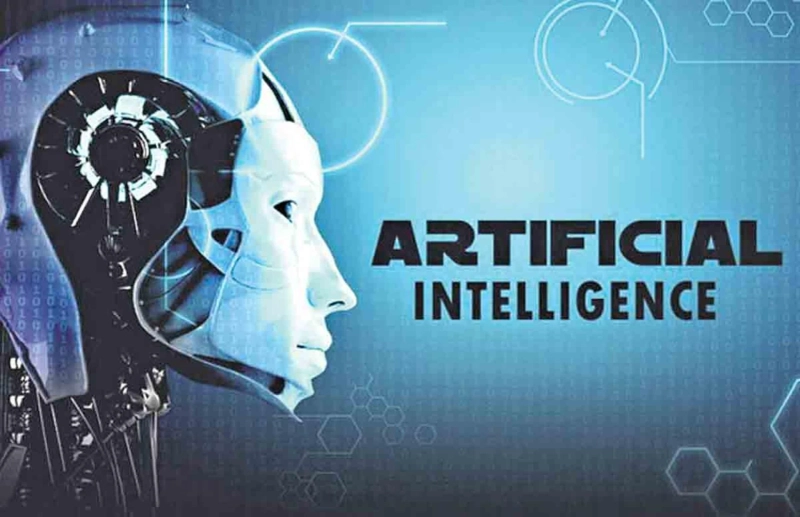Artificial Intelligence (AI) has become a cornerstone of modern technology, transforming industries and impacting every aspect of our daily lives. As a field of study and application, AI encompasses the development of algorithms and systems that can perform tasks typically requiring human intelligence. These tasks include learning, reasoning, problem-solving, perception, and language understanding. The rapid advancements in AI are driving innovation and shaping the future in unprecedented ways.
Historical Background and Evolution
The concept of Artificial Intelligence dates back to the mid-20th century, with pioneers like Alan Turing and John McCarthy laying the foundational theories and ideas. Turing's question, "Can machines think?" and the subsequent development of the Turing Test set the stage for AI research. In 1956, the Dartmouth Conference marked the official birth of AI as a field, with researchers envisioning machines capable of reasoning and solving complex problems.
Over the decades, AI has evolved through various phases, from symbolic AI and expert systems in the 1970s and 1980s to the advent of machine learning and neural networks in the 1990s and 2000s. Today, AI encompasses a broad range of techniques, including deep learning, natural language processing, and computer vision.
Key Applications of AI
AI's applications are vast and diverse, impacting numerous sectors:
Healthcare: AI is revolutionizing healthcare through improved diagnostics, personalized medicine, and robotic surgeries. Machine learning algorithms analyze medical data to predict disease outcomes and recommend treatment plans.
Finance: AI algorithms power fraud detection systems, algorithmic trading, and personalized financial advice. These systems analyze large datasets to identify patterns and trends that human analysts might miss.
Transportation: Self-driving cars and advanced traffic management systems rely on AI to navigate, predict traffic patterns, and reduce accidents. Companies like Tesla, Waymo, and Uber are at the forefront of integrating AI into transportation.
Customer Service: AI-powered chatbots and virtual assistants enhance customer service by providing instant responses and personalized interactions. Natural language processing enables these systems to understand and respond to customer queries effectively.
Manufacturing: AI optimizes production processes, predicts maintenance needs, and improves supply chain management. Automation and AI-driven robotics increase efficiency and reduce operational costs.
Ethical Considerations and Challenges
While AI offers numerous benefits, it also presents ethical challenges and concerns. Issues such as bias in AI algorithms, job displacement, and privacy concerns require careful consideration and regulation. AI systems can inadvertently perpetuate biases present in training data, leading to unfair outcomes in areas like hiring, lending, and law enforcement. Ensuring transparency, fairness, and accountability in AI development is crucial to mitigating these risks.
Job displacement is another significant concern, as AI and automation have the potential to replace human labor in various industries. However, AI also creates new opportunities and roles, necessitating a focus on reskilling and upskilling the workforce to adapt to changing job markets.
The Future of AI
The future of Artificial Intelligence is filled with exciting possibilities. Continued advancements in AI research and development will lead to more sophisticated and capable systems. AI has the potential to address some of the world's most pressing challenges, from climate change to global health crises.
Collaboration between governments, industry, and academia will be essential to harness AI's full potential while addressing its ethical and societal implications. By fostering innovation and ensuring responsible AI development, we can create a future where AI enhances human capabilities and contributes to a better, more equitable world.
In conclusion, Artificial Intelligence is not just a technological advancement but a transformative force reshaping every aspect of our lives. As we continue to explore its potential, the importance of ethical considerations and inclusive development will be paramount in ensuring that AI benefits all of humanity.



